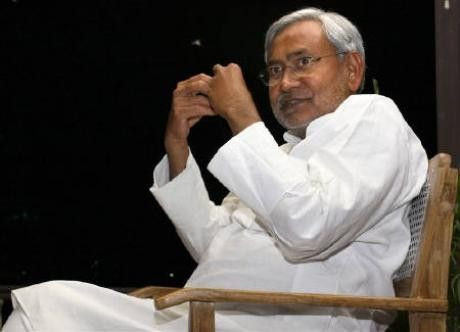Development mantra hogs limelight in India's Bihar

Bihar, India’s third most populous state voted Janata Dal (United)’s-Bharatiya Janata Party combine to power with a thumping majority to give Nitish Kumar a second term as chief minister of the state, giving a drubbing to the rival combine of Lalu Prasad and Ram Vilas Paswan, decimating the Congress.
Pollsters attributed Nitish Kumar’s victory to development and his positioning as a leader of the New Age in Bihar, which has better law and order, improved administration and a new influx of industry. Bihar, which was immersed in caste politics for long, did not vote on caste or community lines for the first time in history, say pollsters. Nitish Kumar's development mantra has finally worked in the state.
The JD(U)-BJP combine is all set to sweep the state with leads in about 200 seats of the 243 seats in the Bihar Assembly as per the trends available, largely contributed by the success of junior partner BJP in the coalition that has made major gains in urban Bihar.
The partners are ahead in 60 constituencies more than what they had in 2005 elections. The rival Lalu Prasad-led Rashtriya Janata Dal and Paswan’s Lok Janashakti Party combine were leading in about 30 seats, down about 40 from last time. However, Paswan’s party is likely to win more seats than he won last time.
Lalu Yadav’s wife and former chief minister Rabri Devi was trailing in both the seats she contested.
Notwithstanding the young Rahul Gandhi magic, the Congress, which is leading the coalition at the Centre is ahead in about 6 seats, down from 9 last time.
Elections in Bihar, one of India’s backward states, were held in six phases and were described as the most peaceful election ever by Chief Election Commissioner S Y Quraishi. More women turned out to vote than men did as chief minister Nitish Kumar's campaign overtly wooed women voters.
© Copyright IBTimes 2024. All rights reserved.





















